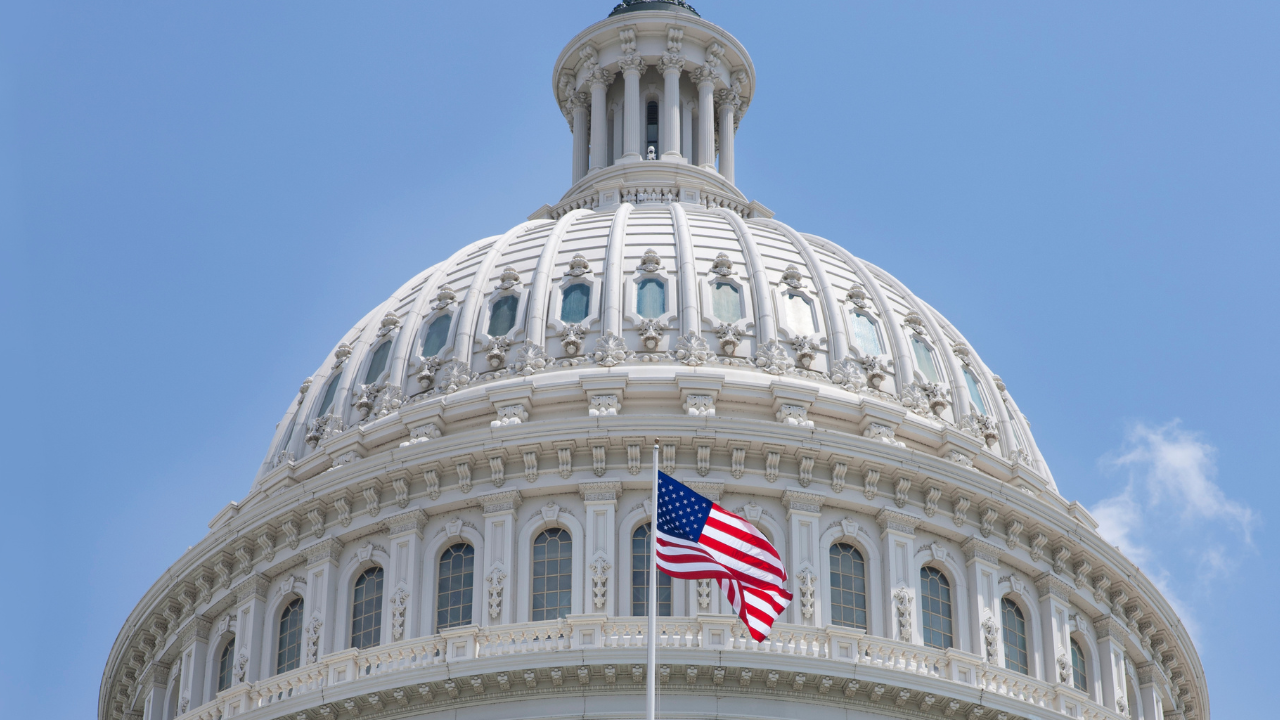Press Release - 04.28.23
ANCOR Applauds Reintroduction of Recognizing the Role of Direct Support Professionals Act

Share this page
Stay Informed on the Latest Research & Analysis from ANCOR
More News
Stateside Report - 07.14.25
Stateside Report: July 14, 2025

Capitol Correspondence - 07.08.25
DOL Withdraws Rule to Phase Out Subminimum Wage Certificates
Capitol Correspondence - 07.08.25

